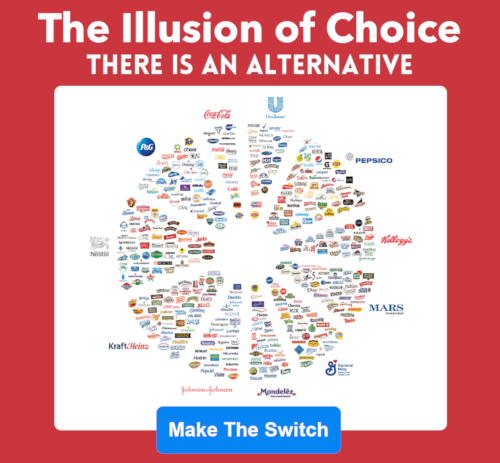The official end of the COVID-19 emergency is near. That’s good news. It’s now up to the states to finish the job.
The House of Representatives voted Feb. 1 on a joint resolution ending the national COVID-19 emergency and a bill to terminate Health and Human Services’ public health emergency declaration.
At the same time, the Biden administration has also announced plans to end both of those emergencies in May.
At the start of the COVID-19 pandemic, policymakers took emergency steps to help mitigate its effects. Then-President Donald Trump in March of 2020 declared a national emergency, which opened up a variety of new authorities across the federal government. The secretary of HHS also declared a public health emergency, which allows the agency to waive certain requirements.
This cascade of emergency steps manifested itself at the state and local level as well.
Congress also reacted by enacting a stream of temporary legislative changes as well. Notably, lawmakers passed the Families First Coronavirus Response Act of 2020, which linked several changes to the duration of the public health emergency. In that bill, Congress provided states with emergency federal Medicaid funding, but in exchange prohibited the states from removing individuals from the Medicaid program, regardless of eligibility changes.
The legislation also allowed states to increase food stamp allocations to beneficiaries and suspended work requirements on able-bodied individuals as a condition for receiving food stamps.
Also attached to the public health emergency, the Consolidated Appropriations Act of 2021 included changes to halt work-study requirements on college students as a condition of receiving food stamps.
The Biden administration has used the perpetual extension of these emergencies as a means to advance its radical agenda and undermine the basic design of these welfare programs. It already succeeded in expanding “temporary” Obamacare subsidies until 2024 and attempted, but failed, to extend its “temporary” child tax credit scheme.
With the official end of the COVID-19 emergency in sight, now the work to restore normalcy falls to the states. Most urgent are those related to the Medicaid and food stamp programs.
The Omnibus Act of 2023 included a process for dialing back the federal emergency Medicaid match rate and for states to return to normal eligibility reviews and thereby officially delinking it to the end of the public health emergency.
The unwinding process is set for April, but states can and should start sooner.
Medicaid enrollment skyrocketed during COVID-19. Enrollment is estimated to have increased 28% from February 2020 to September 2022. Some argue that between 5 million and 14 million individuals may lose Medicaid coverage if the freeze is lifted. However, not only will many have access to coverage elsewhere but, by restoring proper eligibility, states will be able to free up resources to ensure the program is serving those who it is intended to serve.
The Omnibus Act of 2023 also ended the emergency food stamp allocations early. Originally set to stop once the public health emergency came to an end, now states are required to return to normal allocations starting in March. It’s worth noting that 17 states already ended emergency allotments, and South Carolina is scheduled to do so starting this month. The remaining states will need to act soon.
States will also need to be ready to restore work requirements for able-bodied individuals, including college students, as a condition of receiving food stamps.
States should consider other steps to integrate work more fully into welfare programs. With an economywide need for more workers, it’s a win-win: for employers looking for people to fill jobs and for individuals wanting to move out of the welfare state and into the workforce.
Twenty-four states and the District of Columbia either fully or partially exempt work as a condition of benefits for able-bodied individuals. That should be changed.
States must not be passive, but aggressive, in getting back to normal, especially when it comes to rolling back the Biden administration’s radical agenda.
The perpetual extensions of these emergencies have allowed the Biden administration to advance its liberal agenda under the guise of an “emergency” that Americans have long put behind them. It’s time to roll them back.
Have an opinion about this article? To sound off, please email letters@DailySignal.com and we’ll consider publishing your edited remarks in our regular “We Hear You” feature. Remember to include the url or headline of the article plus your name and town and/or state.
The post COVID-19 National Emergency Is (Nearly) Over. It’s Time for States to Roll Back Biden’s Welfare Expansion appeared first on The Daily Signal.
- JOSH HAMMER: Mob Rule Is Taking Over The West - April 2, 2023
- JUDGE ANDREW P. NAPOLITANO: Trump Can Be His Own Worst Enemy - April 2, 2023
- SHOSHANA BRYEN: Here’s What Really Lies Behind The Biden Admin’s Icy Israel Relationship - April 1, 2023
JOIN US @NewRightNetwork on our Telegram, Twitter, Facebook Page and Groups, and other social media for instant news updates!
New Right Network depends on your support as a patriot-ran American news network. Donate now


